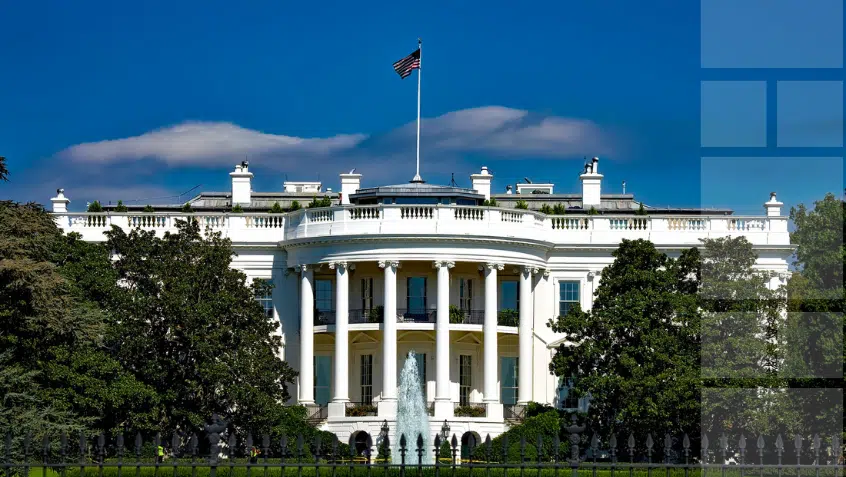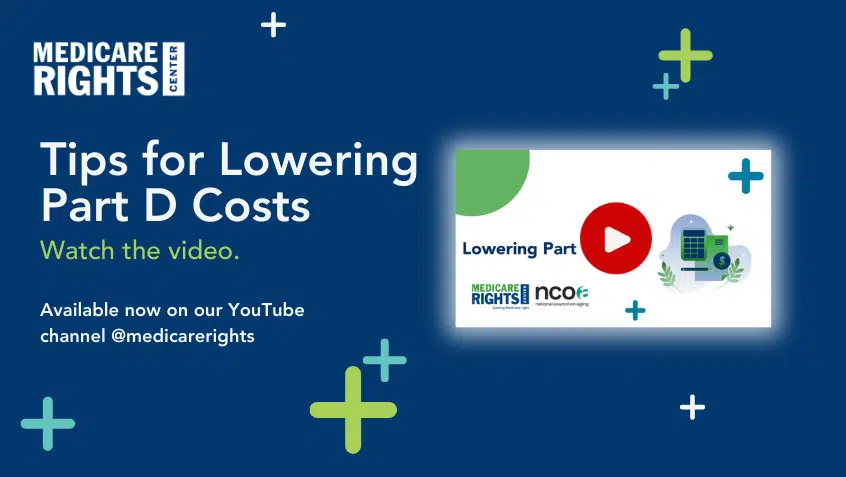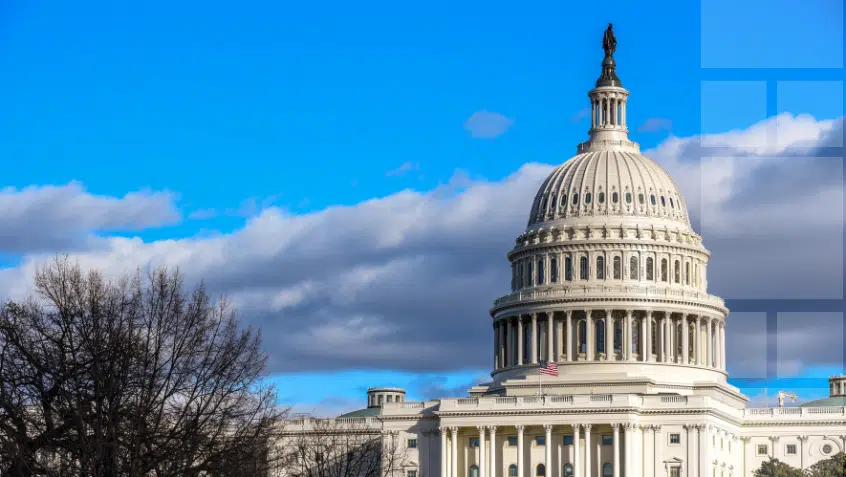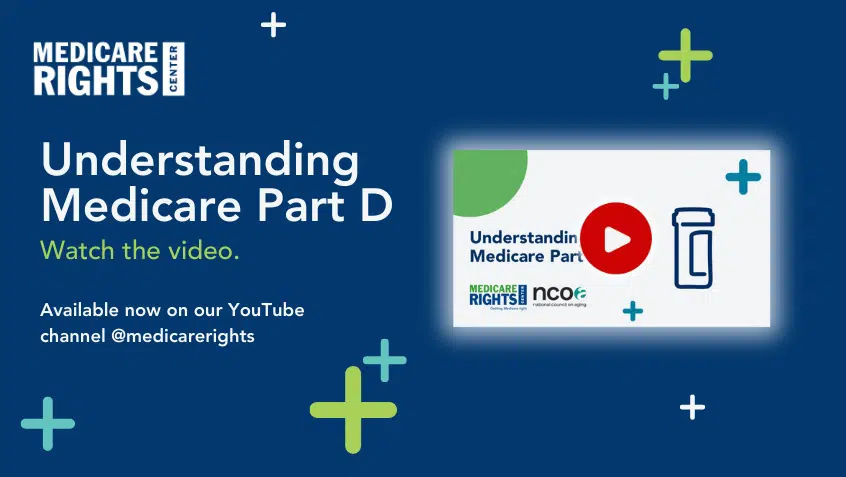Join Us Live for a Discussion on Medicare, Democracy, and the Future of Health Care
Medicare Rights Recommends Options to Ease Access to Important Assistance Programs

Today, the Medicare Rights Center’s New York policy team released a brief that outlines ways to improve Medicare Savings Programs (MSPs) in New York State. MSPs are programs that improve the affordability of Medicare for people with limited incomes by covering premiums and, in some cases, cost-sharing like copayments and coinsurance.
Many people with Medicare have very modest incomes. Half live on $29,650 or less per year. One quarter live on $17,000 or less, and nearly 30% have incomes between 100% and 200% of the federal poverty level. The rate of Black and Hispanic beneficiaries with limited incomes is even higher. These individuals and families have very limited ability to weather increased costs of care and may be forced to go without needed services or make impossible choices between paying for health care and paying for rent or food.
While MSPs are administered at the state level, the minimum eligibility limit is set by Congress. To qualify for help with both premiums and cost-sharing in most states, an individual must have income below $1,094 a month, and assets below $7,970. For help with premiums alone, the limit is $1,469 a month in income and the same $7,970 in assets. States are allowed to increase income eligibility levels and drop asset restrictions entirely, and some states have done so. But most states use the standard eligibility thresholds, and this sharply curtails the number of people who can gain access to MSPs.
In the New York brief, Medicare Rights recommends several changes, including increasing the income eligibility limit for the MSPs and raising the income limit and eliminating the asset test for Medicaid (the state already has no asset limit for MSPs). We believe this is the correct approach nationally as well and we continue to urge Congress to make these changes. We also encourage Congress to increase the eligibility for the federal low-income subsidy (LIS) program, also called Extra Help, which helps people with Medicare drug coverage better afford their medications.
On the administrative side, we encourage the Biden administration to take steps to ensure that all state MSP enrollment processes align with federal statutory requirements, like requiring that an application for LIS is considered an application for an MSP without additional onerous document and application requirements. We also recommend that the administration encourage all states to identify and implement strategies to enhance MSP participation rates, including easing eligibility criteria, expanding outreach, simplifying enrollment, participating in a Medicare Part A buy-in, and improving provider payments under their Medicaid programs.
We regularly talk with people who we counsel that need the aid MSPs can offer. Some are unaware of the program, some are daunted by the application process or inaccurately believe they will not qualify, and some are only slightly above the minimum cut-offs and cannot access the needed help. We urge both Congress and the administration to find ways to ease access to these important programs to ensure people get the help they need to thrive.
Show Comments
We welcome thoughtful, respectful discussion on our website. To maintain a safe and constructive environment, comments that include profanity or violent, threatening language will be hidden. We may ban commentors who repeatedly cross these guidelines.
Help Us Protect & Strengthen Medicare
Donate today and make a lasting impact
More than 67 million people rely on Medicare—but many still face barriers to the care they need. With your support, we provide free, unbiased help to people navigating Medicare and work across the country with federal and state advocates to protect Medicare’s future and address the needs of those it serves.
The Latest
Most Read
Add Medicare to Your Inbox
Sign up to receive Medicare news, policy developments, and other useful updates from the Medicare Rights.
View this profile on InstagramMedicare Rights Center (@medicarerights) • Instagram photos and videos









